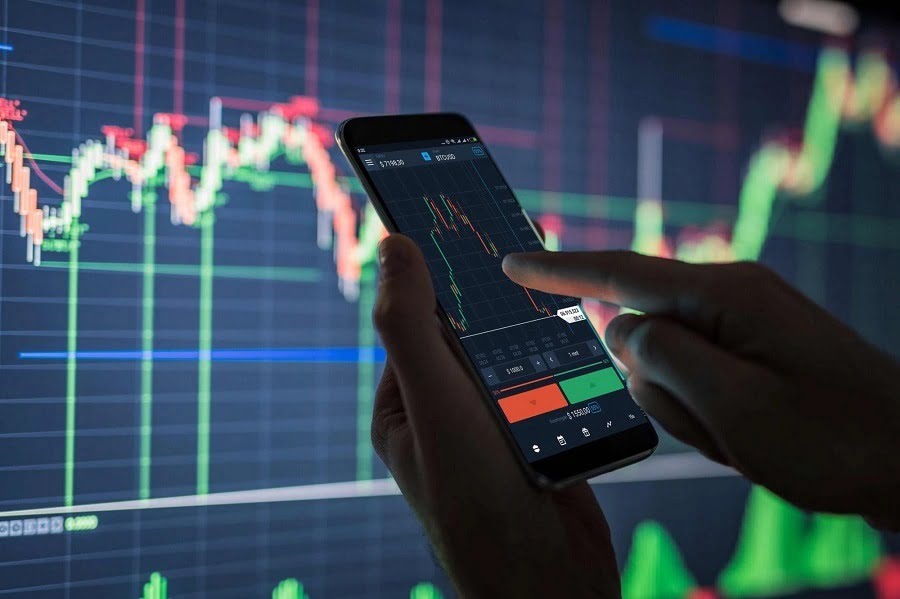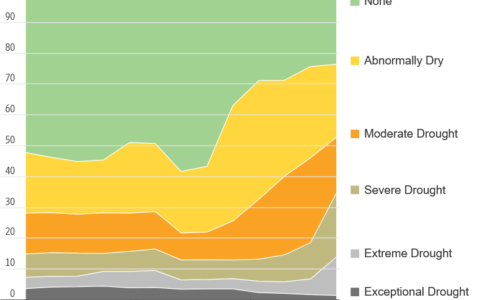
What is Futures Market?
The futures market is a financial market where participants can trade futures contracts, which are agreements to buy or sell assets at a predetermined price and date in the future. The underlying assets can be commodities, currencies, indices, or even financial instruments like bonds and stocks. The futures market enables participants to hedge against price fluctuations, speculate on future price movements, or lock in prices for future delivery.
What is Futures Trading?
Futures trading is the act of buying or selling futures contracts in the futures market. Futures traders can be hedgers, speculators, or arbitrageurs. Hedgers use futures contracts to protect their businesses from adverse price movements. For example, a farmer can sell futures contracts to lock in a price for his crops before harvest, while a manufacturer can buy futures contracts to secure the price of raw materials for his production. Speculators, on the other hand, buy or sell futures contracts to profit from anticipated price movements. They don’t have a direct interest in the underlying asset but seek to make a profit from the price difference. Finally, arbitrageurs exploit price discrepancies between different futures contracts or between the futures and cash markets to make a riskless profit.
How does Futures Market Work?
The futures market operates on the principle of standardization and margin trading. Standardization means that all futures contracts traded on an exchange have the same contract size, maturity date, and underlying asset specification. This ensures that buyers and sellers can easily find a counterparty and execute a trade. Margin trading means that traders only need to deposit a fraction of the total contract value as margin to open a position. This allows traders to leverage their capital and amplify their potential returns or losses.
When a trader buys a futures contract, he agrees to take delivery of the underlying asset at the contract’s expiration date. Conversely, when a trader sells a futures contract, he agrees to deliver the underlying asset at the contract’s expiration date. However, most futures traders don’t intend to take or make delivery of the underlying asset but rather close their position before the contract’s expiration date by selling or buying an offsetting contract.
How to Participate in Futures Trading?
To participate in futures trading, one needs to open a futures trading account with a futures broker or a futures trading platform. The account requires an initial margin deposit, which varies depending on the contract’s volatility and the broker’s margin requirements. Traders also need to familiarize themselves with the trading rules and regulations, the market dynamics, and the risk management strategies. Successful futures trading requires discipline, patience, and a deep understanding of the market fundamentals and technical analysis.
Notable Futures Market Platforms
There are many futures market platforms worldwide, each with its characteristics and advantages. The Chicago Mercantile Exchange (CME) is the world’s largest and most diversified futures exchange, trading futures contracts on commodities, currencies, indices, and interest rates. The New York Mercantile Exchange (NYMEX) specializes in energy and metals futures, while the Intercontinental Exchange (ICE) offers futures contracts on soft commodities, energy, and equity indices. The Shanghai Futures Exchange (SHFE) is the largest futures exchange in China, trading futures contracts on metals, energy, and agricultural commodities. Other notable futures market platforms include Eurex, Tokyo Commodity Exchange (TOCOM), and Multi Commodity Exchange (MCX) in India.
Conclusion
The futures market is an essential financial market that provides hedging, speculation, and price discovery functions. Futures trading requires a deep understanding of market fundamentals and risk management strategies. Futures traders can participate in the market through a futures broker or a futures trading platform. Notable futures market platforms include CME, NYMEX, ICE, SHFE, Eurex, TOCOM, and MCX. The futures market continues to evolve with new products and services being offered, and advances in technology, providing opportunities for traders to profit and manage risks in an increasingly globalized and interconnected world.
Author:Com21.com,This article is an original creation by Com21.com. If you wish to repost or share, please include an attribution to the source and provide a link to the original article.Post Link:https://www.com21.com/introduction-to-futures-trading-and-futures-market-operations.html

